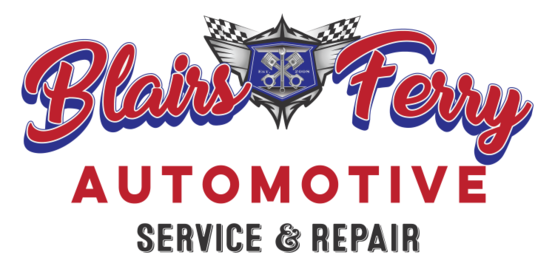Fuel Injection Keeps Getting Better for Marion Motorists
October 14, 2018
Marion residents know that engines burn fuel to operate. Fuel is pumped from your fuel tank to your engine where it is squirted—or injected—into your engine's cylinders. This is the function of the fuel injectors.
There are two ways to inject fuel into an engine. Fuel needs air to burn, so in the first method, fuel is injected into a port and allowed to mix with air—and before it is drawn into the cylinders. In the second method, fuel is injected directly into the cylinders and mixes with air after it enters the engine.
Direct injection engines burn fuel more efficiently than conventional engines. Some models can deliver the power of a V8 with the economy of a V6.
For example, in one family of engines, the conventional version (a V6) delivers about 250 horsepower. The direct injection version delivers over 300 horsepower and gets about the same . The turbocharged version delivers 350 horsepower.
Why the big difference in power? Direct injection systems allow fuel to be squirted into the engine at hundreds of times the pressure of a conventional engine. This atomizes the fuel better (breaks it down into tinier droplets), which means more of it gets burned, which translates to more power for your engine. It also results in cleaner emissions and improved fuel economy.
Fuel injectors are precision instruments. They have to deliver the right amount of fuel at exactly the time the engine needs it. They are also engineered to inject fuel with a specific spray pattern. This spray pattern allows for maximum fuel efficiency and proper atomization.
Direct injection engines require a much higher degree of precision than conventional engines. For this reason, they are equipped with more sophisticated computers.
When fuel injectors get dirty, their precision drops off. The spray pattern won't be precise, and the timing of fuel delivery may be off. This decreases fuel efficiency and fuel economy for Marion drivers as well as delivering less power to the engine.
Fuel injectors are not cheap to replace. Direct injection fuel injectors are even more expensive. And we're talking a mortgage payment to buy a set of new fuel injectors for a diesel engine.
So keeping your fuel injectors clean is just good auto advice for Marion residents. The best way to do this is to change your air and fuel filters regularly and practice other habits of good vehicle care and preventive maintenance at Blair's Ferry Automotive in Marion. Cleaning additives in your fuel can also help.
If you do end up with gum or varnish in your fuel system, you'll need a professional fuel system cleaning. This will clean out your whole system, including the injectors. The good news is that with proper maintenance, your fuel injectors will last for a long time.
Blair's Ferry Automotive
1565 Blairs Ferry Rd.
Marion, Iowa 52302
319-447-6310
http://www.blairsferryautomotive.com
Need Service?
More articles from Blairs Ferry Automotive

See the Light (Bulb Replacement)
February 22, 2026
When you notice one of your headlights has gone out, its important for the safe operation of your vehicle to get it changed and working again. Not only is replacing a headlight important for your ability to see in the dark, but its also vital that it be lighting your way and aimed correctly so o... More

Timing is Everything (Timing Belt)
February 15, 2026
Talk about exquisite choreography; it happens under the hood of your vehicle every time you take a drive. Your engines many complex parts must work exactly together. One key is a part called a timing belt, which enables the synchronizing of two of your engines components, the camshaft, and the ... More

Don?t Skip Out on These! (Vehicle Maintenance Items You Should Never Postpone)
February 8, 2026
Maybe that little sticker on your windshield is giving you the reminder that its time for your vehicle to have an oil change. Youve thought, Aw, I can skip this one and save myself a little money. When it comes to things you should never ignore on your vehicle, timely oil changes are number one... More









